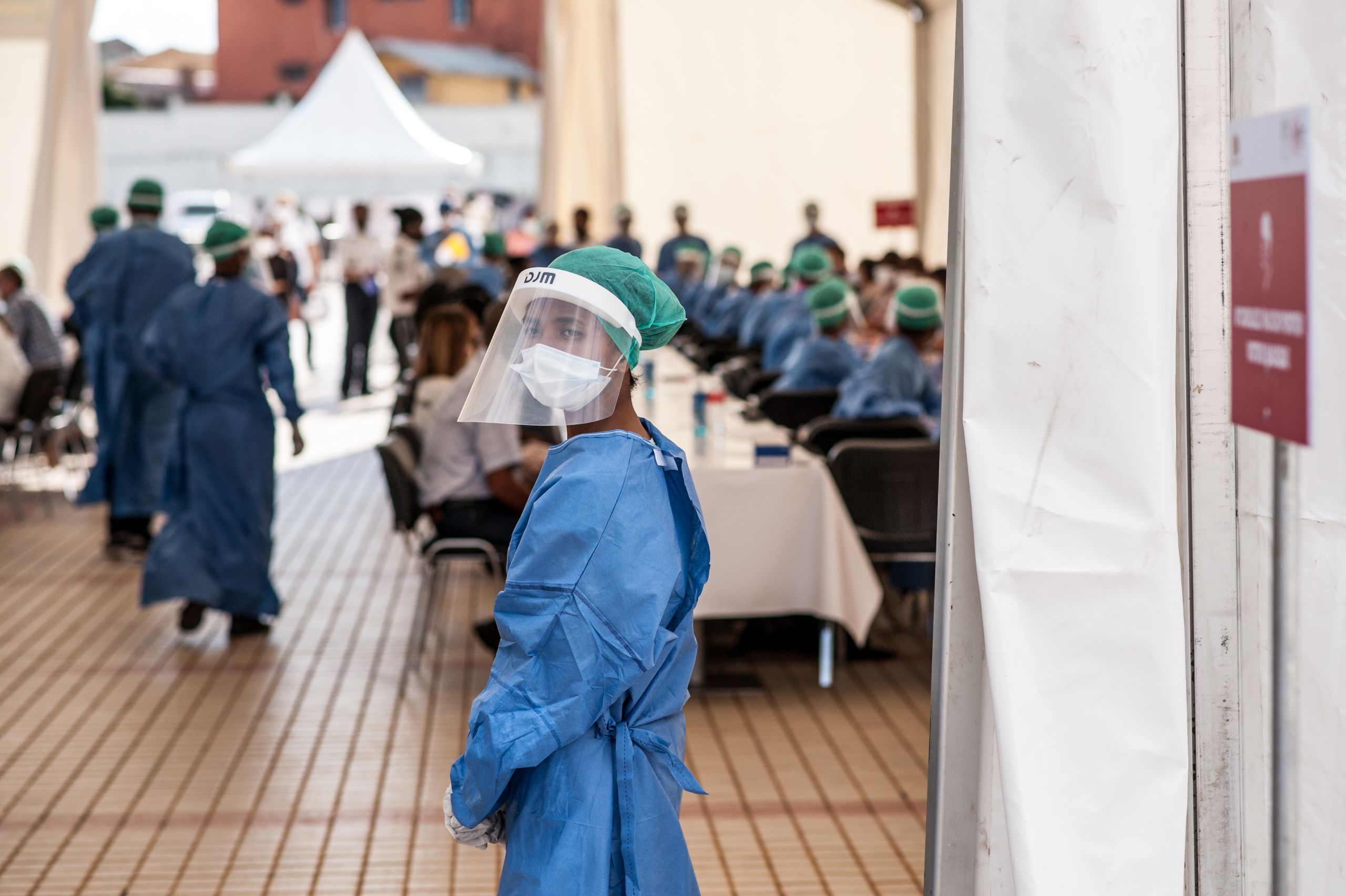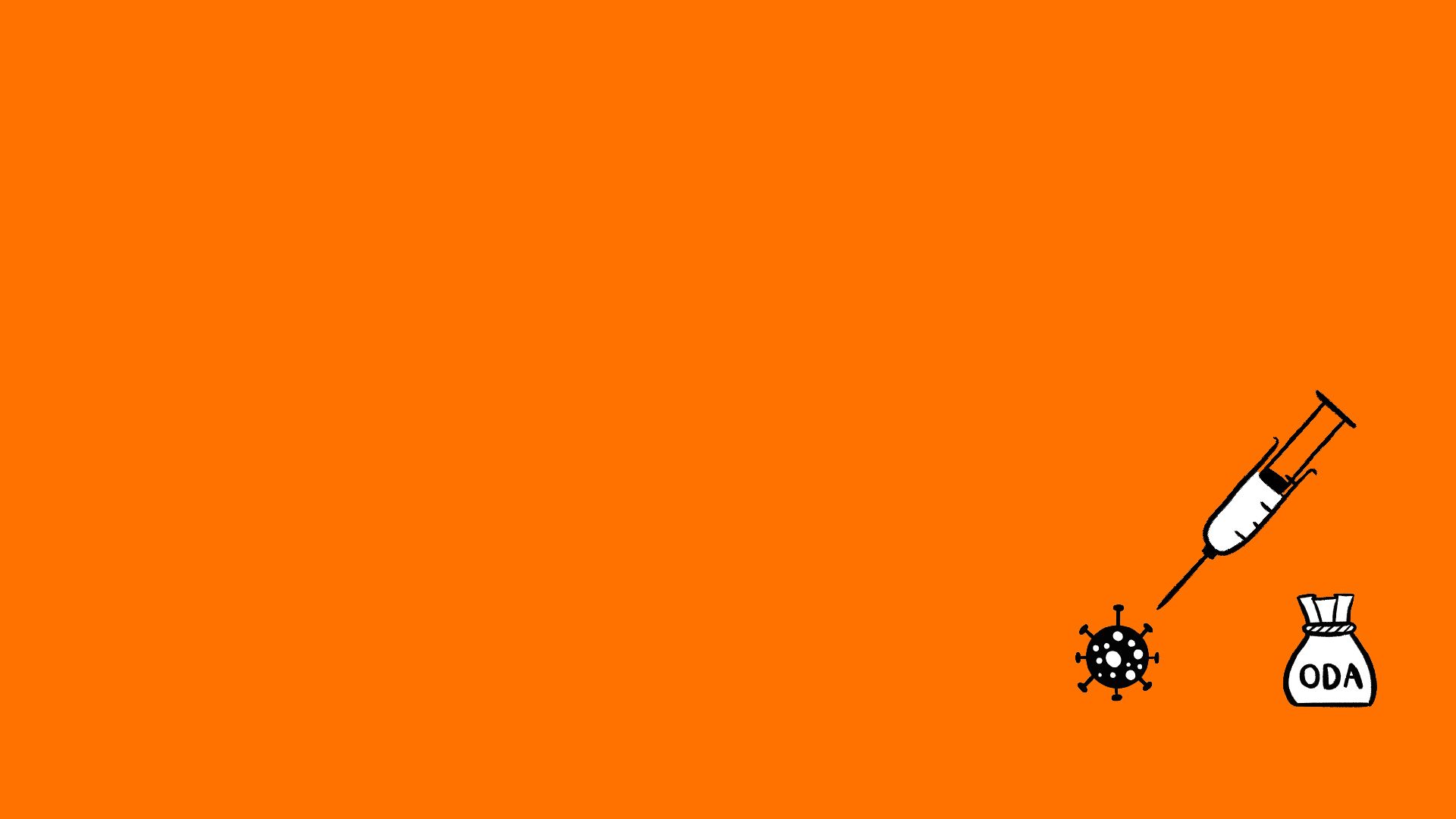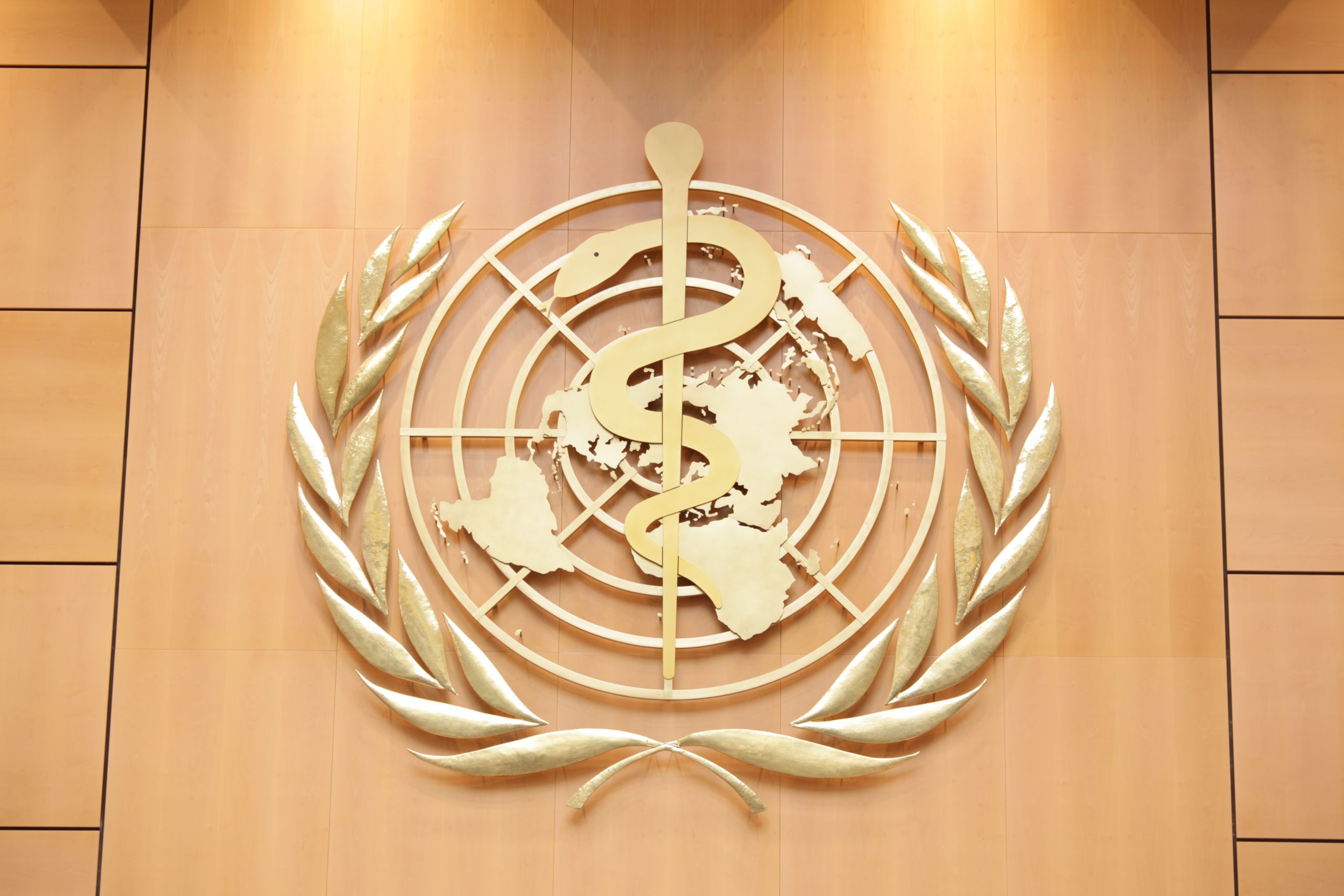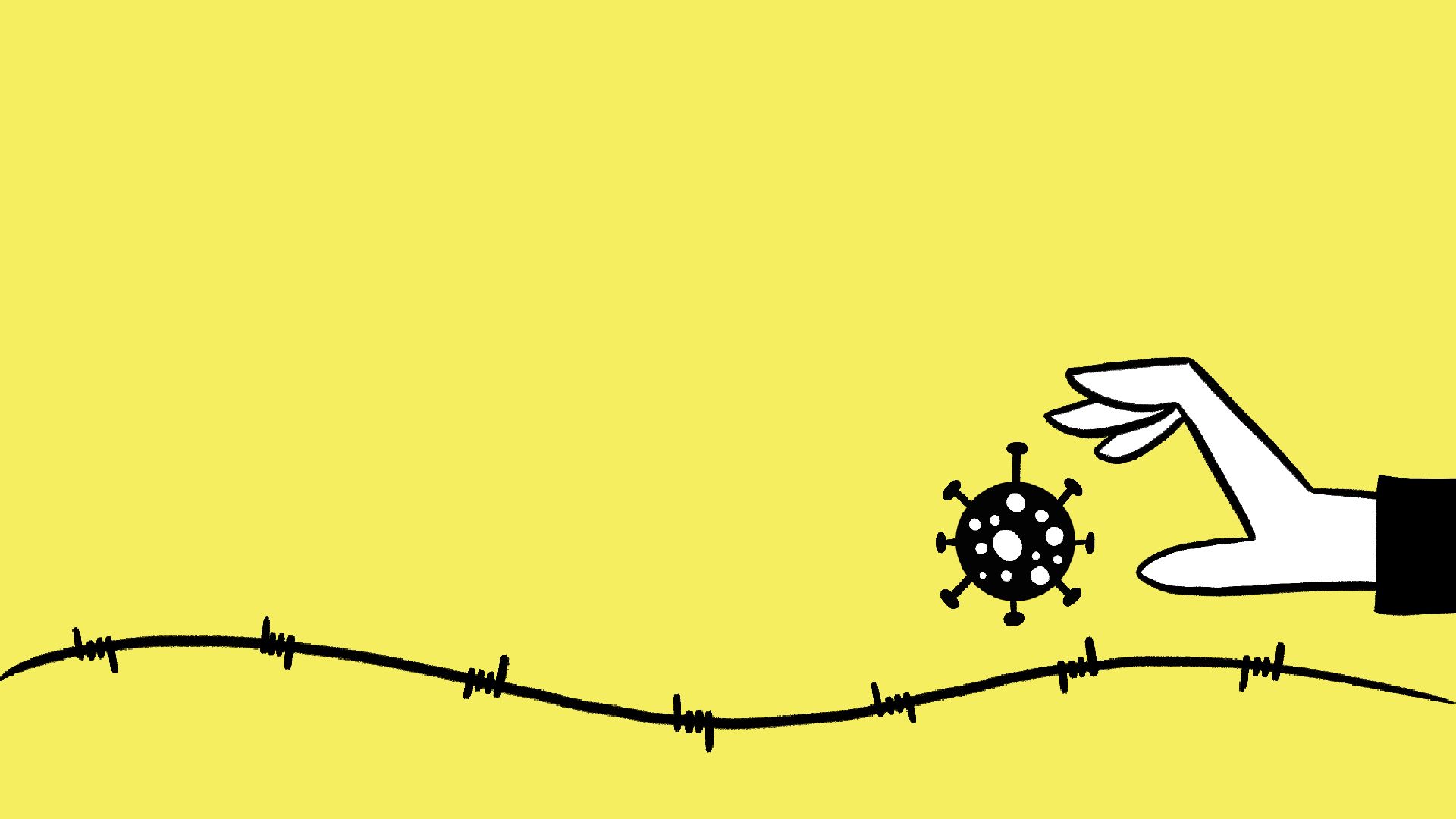The impact of coronavirus on humanitarian crisis monitoring
Government’s plan to prevent global health crises must ensure no-one is left behind and not be at the cost of other development programmes

The coronavirus pandemic poses a challenge to international development. If the world cannot step up to this test, which demands a collaborative, leave-no-one-behind solution, then progress in areas seen as less urgent and less immediately self-interested seems very far from certain.
In our report on the immediate impact coronavirus is having in developing countries, we find:
- A lack of testing means little reliable data is available.
- The secondary impacts of the virus for many are often worse than the effects of coronavirus itself. Interim measures, from social distancing to isolation and lockdowns, create their own very serious problems.
Developing countries buckling
under pressure of COVID-19

Uniquely, for a humanitarian disaster in the last 100 years or so, almost every country in the world has been affected by COVID-19. The hardest hit countries are from every income band and continent.
Everyone is struggling and trying to balance the risks of restrictions with those of the disease. Our Chair Sarah Champion MP said that "having a weak healthcare foundation to begin with, many developing nations are buckling under the pressure".
"We have heard promising news this week that one vaccine in trials has a 90% success rate, and the absolute imperative for the aid community is to ensure equitable access around the globe as these vaccines get rolled-out," Champion added.
Global community must promote a global strategy

We support the Prime Minister’s recent call at the United Nations General Assembly for a five-point plan to tackle emerging diseases. However, the global community also needs to promote a global health strategy and universal care capable of coping with new and different health challenges.
- The Government should use the UK's position as G7 President in 2021 to lead the charge in establishing such a strategy to prepare the world for future healthcare emergencies.
- The UN Sustainable Development Goals must not be sacrificed by the reallocation of funding. Funding must be able to reach aid workers responding to crises and other development programmes promptly.
- Funding for research and development into vaccines, treatments and tests not targeted at developing countries should not come from the UK's official development assistance (ODA) spending in the the aid budget. ODA funding promotes and specifically targets the economic development and welfare of developing countries.
Next steps for the Foreign, Commonwealth and Development Office in tackling COVID-19

Overall, we applaud the contribution made by the UK to the international community's response to coronavirus, and the Government's recognition that a global pandemic necessitates a global solution. This includes:
- The UK's increased funding for the beleaguered World Health Organisation.
- At least £500 million for the WHO-led Covax initiative to guarantee that people in all corners of the world will have access to COVID-19 vaccines, once they are available, regardless of their economic power.
However, we would welcome a clear commitment to the development of a UK global health strategy which would include an explicit set of goals and milestones for assessing progress. We believe the Foreign, Commonwealth and Development Office should now:
- Re-commit to its ongoing programmes and provide new funding for the COVID-19 response rather than allowing the transfer of scarce resources from existing programmes, especially those tackling other diseases.
- Use its significant leverage as top actor in many areas (gender equality, disability inclusion, poverty alleviation) to lead an inclusive and transparent approach by the donor community, both bilateral and multilateral.
- Put local non-governmental organisations (NGOs) and their partner international NGOs at the heart of the global COVID-19 response as they are closest to end-user communities and benefit from existing relationships of trust and confidence.

The Government must now respond to our report
Our Humanitarian crises monitoring impact of coronavirus report was published on 13 November 2020.
Detailed information from our inquiry can be found on our Committee website.
If you’re interested in our work, you can find out more on the House of Commons International Development Committee website. You can also follow our work on Twitter.
The International Development Committee (IDC) was established to scrutinise the spending, administration and policies of the Department for International Development (DFID) and monitors the expenditure of Official Development Assistance (ODA) by other UK government departments.
Since 1 September 2020, DFID and the Foreign and Commonwealth Office have been merged to form the Foreign, Commonwealth and Development Office (FCDO). The IDC continues to be responsible for scrutiny of UK aid and ODA expenditure, including by the FCDO, and taking forward the work of the Independent Commission on Aid Impact (ICAI).
Title image source: World Bank Photo Collection via Flickr

![House of Commons International Development Select Committee membership as of 11 November 2020. Link shows current select committee membership [link to relevant page on https://committees.parliament.uk/committee/98/international-development-committee/membership/]](./assets/0txkABZ95c/international-development-02-1-2560x1440.jpeg)